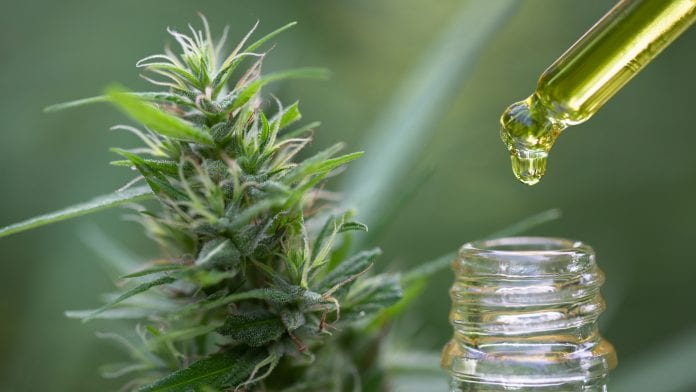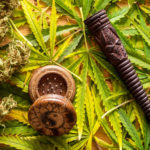The Importance of Knowing About CBD Education


The Importance of Knowing About CBD Education
When people think of CBD education, they tend to picture the leafy, green stuff that's been wrapped in gold foil and placed into cookies, and the stoner's breakfast nook at the local watering hole. While CBD may be derived from cannabis, it is actually a different compound entirely. It's not a type of cannabis at all. It was created by scientists with the intent of creating a plant extract that would help relieve some of the negative side effects of current marijuana and hemp products. But why is this "new cannabis" any different than the old stuff?
After all, it still contains THC and CBD, so why the hype?
The potential benefits of CBD are fairly new to medical science. Since CBD is a rare compound, it needs to be processed differently than regular cannabis. Only through the controlled decoction process known as 'heat treatment' can cannabidiol pass through the marijuana plant into your body. Heat treatment is necessary for the plants to maintain their medicinal values, and it means that you won't necessarily get high during consumption of CBD.
Since CBD is relatively new to the medical field: there hasn't been a lot of research done on its potential benefits. One of the reasons that it hasn't yet gotten mainstream is the fact that it has to be processed differently than other pharmaceuticals, which means it goes through a series of stringent tests before it gets released into the public. The lack of research in the medical field makes it harder for researchers to determine whether or not CBD is truly all that great for you, or if the hype behind it is simply hype. That said, there have been a few studies conducted, and they show promise.
Some of the potential benefits of CBD: are being sought by those who are looking to alleviate the symptoms of debilitating diseases such as Alzheimer's disease, as well as patients with glaucoma, cancer, and multiple sclerosis. The reason for this is because of the wide spectrum of CBD and hemp extracts available. CBD is often derived from the leaves and stems of cannabis plants, and while it has some CBD it lacks the other important compounds that make up the real hemp product. It has a very low concentration of THC, which is responsible for creating the "high" associated with cannabis, but also has very low levels of any other chemicals or vitamins. With these extremely limited levels of chemicals in it, CBD is a healthier alternative to smoking marijuana or taking marijuana analogs.
For researchers in the medical field: this is very important because CBD should be considered as an essential oil in its own right. It should have the same properties of other essential oils, but it shouldn't be subject to the same stringent standards of testing as other oils are. By offering patients a natural alternative to prescription drugs, researchers are hoping to pave the way for greater medical advancements. People are likely to start seeing CBD products on store shelves in the near future, and if they are made with pure CBD oil they can offer patients the same benefits as other medicated products without the nasty side effects.
Many people are surprised to learn: that CBD is actually a "cure" for anything, although it is most certainly not a cure all. There are no pharmaceutical grade CBD oils currently on the market, but there are some manufacturers who have begun to use CBD in their products, which is derived from hemp. When using pure CBD you can rest assured that there will be no psychoactive or intoxicating qualities to the oil. In fact, it is believed that by blending the oil with other plant based essential oils, such as peppermint or lavender, it can help bring about a calm and soothing feeling. If you suffer from chronic conditions like cancer or HIV/AIDS, you may want to look more closely at CBD and other plant based oils for a healthy lifestyle.
We all need to take care of ourselves, and if we can't avoid the things that trigger us to experience discomfort, then we need to do all we can to minimize them.



